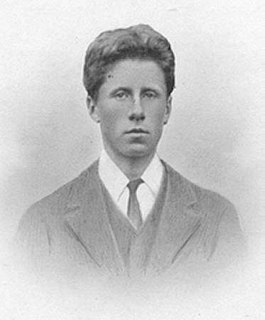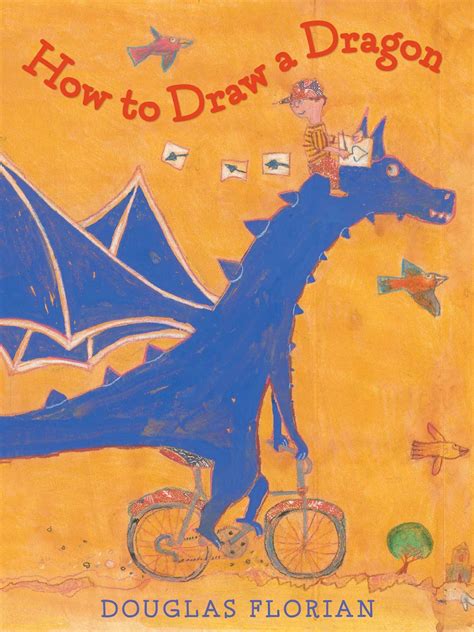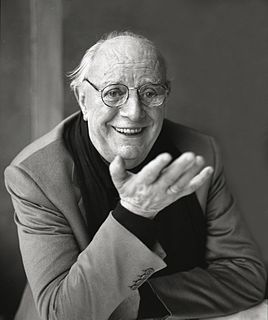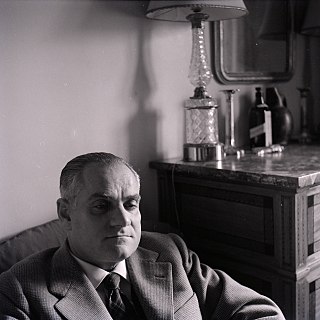A Quote by Hugh Lofting
The fact that I have been successful merely means that I can write and illustrate in my own way.
Quote Topics
Related Quotes
When I say that I can write nothing but weird fiction, I am not trying to exalt that medium but am merely confessing my own weakness. The reason I can't write other kinds is not that I don't value & respect them, but merely that my slender set of endowments does not enable me to extract a compellingly acute personal sense of interest & drama from the natural phenomena of life.
I write differently from the way Glen used to. I haven't written very much lately, I mean, since I've been in the group, but I'm starting to now more. And just the fact that I'm there instead of Glen means that the others do everything differently. Cos they have to adapt it to, like, fit in with me, do you know what I mean?
I always knew from the beginning that this was the only way to write Then We Came To The End - that it had to be in first - person plural if it was going to illustrate how the individual becomes part of the collective. I had no interest in writing the book in a more conventional voice. It goes back to that fascination I had with telling a story in multiple ways. It was the only choice I gave myself, really - I said "This is it, pal. If you can't tell a story this way, you're going to have to abandon the book. Write it this way or give up."
Everyone seems to assume that the unscrupulous parts of journalism will be the frivolous or jocular parts. This is against all ethical experience. Jokes are generally honest. Complete solemnity is almost always dishonest. The writer of the snippet merely refers to a frivolous and fugitive fact in a frivolous and fugitive way. The writer of the leading article has to write about a fact he has known for 20 minutes as though he has studied it for 20 years.


































